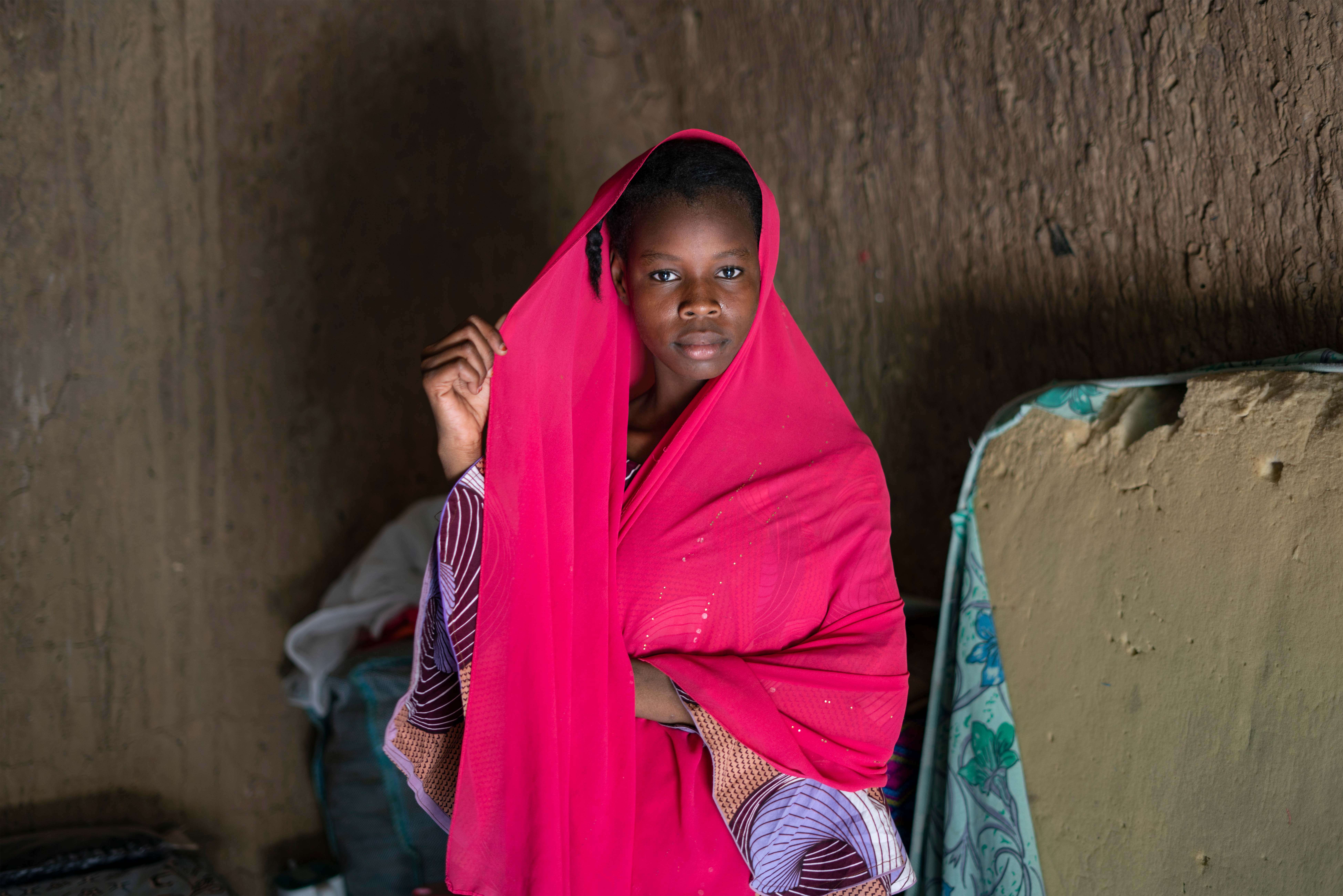
Crisis in Niger: What you need to know and how to help
Here are four reasons why the International Rescue Committee’s Emergency Watchlist ranks Niger as one of the countries most at risk of experiencing a worsening humanitarian crisis in 2024.

Here are four reasons why the International Rescue Committee’s Emergency Watchlist ranks Niger as one of the countries most at risk of experiencing a worsening humanitarian crisis in 2024.
A coup in July 2023 rattled Niger’s political scene, leading to widespread instability and accelerating the nation’s existing humanitarian plight. Tensions between the new military regime and neighboring regions have intensified, with Western nations pulling back security aid, heightening the potential for armed group engagements.
Any further violence would drive displacement and increase humanitarian needs while simultaneously curbing the ability of humanitarians to deliver services in crisis-affected communities.
Cuts in international financial aid have hampered the new government's ability to provide public services. Meanwhile, food insecurity is at an all-time high, exacerbated by the compounding effects of climate change and instability, increasing the demand for assistance.
These factors have pushed Niger into the eighth spot on the 2024 Emergency Watchlist, which analyzes and ranks the countries most likely to experience a worsening humanitarian crisis.
These are the risks that Niger faces in 2024.
Upon seizing power, the new government of Niger swiftly requested the departure of French and American troops which had been working to improve the nation's security conditions.
In the month after Niger’s 2023 Coup, the country experienced a fourfold increase in attacks carried out by nonstate armed groups against civilians.
The departure of foreign troops, coupled with decreased financial aid, is poised to leave a void that armed factions may exploit. This power vacuum threatens civilians, exposing them to heightened dangers and the risk of displacement.
Moreover, Niger's recent government has imposed constraints on NGOs and UN bodies, requiring that humanitarian actors be escorted by military operators, ultimately hindering humanitarian efforts to provide crucial aid to vulnerable populations.
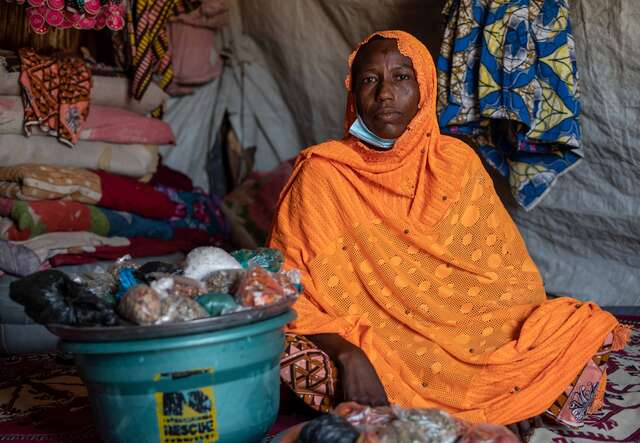
The 2023 coup caused a sharp deterioration in Niger’s relations with many regional and global partners. The Economic Community of West African States (ECOWAS) levied significant economic and financial sanctions on the country, including the freezing of foreign assets and suspension of financial assistance.
Although ECOWAS lifted some sanctions on Niger in February 2024, humanitarian needs in the country remain high.
The EU, U.S. and World Bank cut financial support to Niger, while the new military government reduced state spending by 40%. Faced with a shortfall of international security support, Niger is likely to prioritize military spending over key public services.
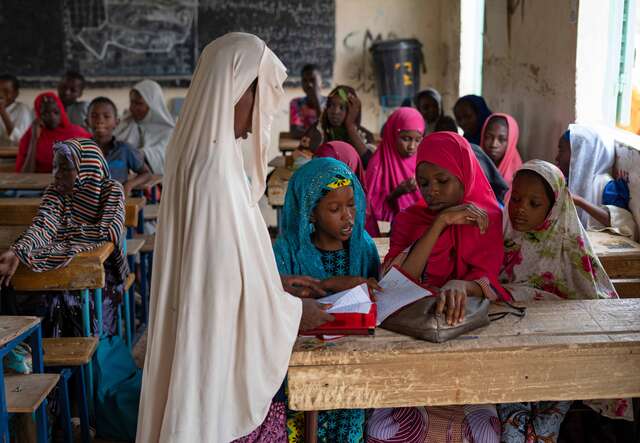
Niger is highly vulnerable to climate shocks and frequently grapples with heavy rainfall and frequent drought. The upcoming El Niño effect could exacerbate these risks, compounding the effects of conflict which has already created some of the world’s highest rates of food insecurity.
Before the coup, 3.3 million people were facing crisis or worse levels of food insecurity, with a further 7.3 million at risk of falling into this category.
Diplomatic strains with neighboring Benin have resulted in border shutdowns, severely restricting the inflow of food and vital commodities. These closures also impede economic migration and jeopardize livelihoods in border regions, exacerbating the challenge for families to secure enough food.
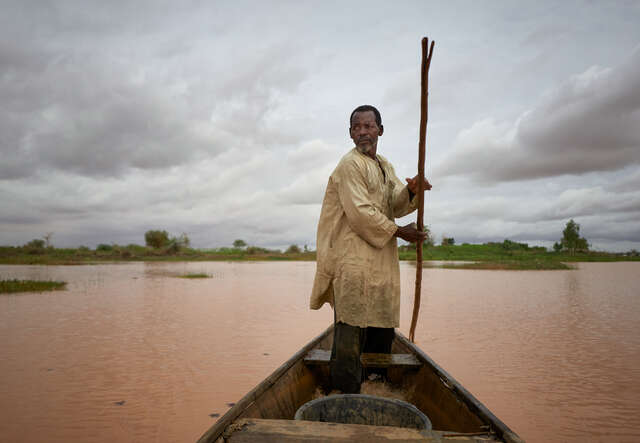
Convoys of trucks, containing critical humanitarian supplies like nutritional aid and medical equipment, face barriers to crossing Niger’s southern border. Niger’s leadership has encouraged humanitarians to use alternative routes through Burkina Faso—which also features on the 2024 Emergency Watchlist. However, this route poses serious security threats and would significantly increase costs for humanitarian organizations.
Amidst rising tensions, Nigeria has decided to reduce its electricity supply to Niger, a move that previously accounted for 70% of Niger's power. This has resulted in increased costs for essential services like healthcare, as facilities now have to depend on generators. The U.N. has warned that power cuts could also lead to the spoiling of millions of vaccines, potentially leading to surging health needs, particularly among children.
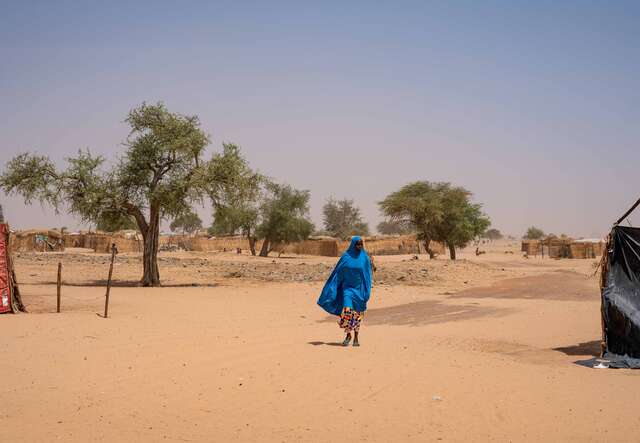
The IRC’s presence in Niger dates back to 2013. We primarily operate in the Diffa and Tillabéri regions, and are one of the largest humanitarian organizations in the country, having supported over 270,000 people last year.
Our services in Niger include cash distribution, seed distribution to farmers, transitional shelter and Non Food Item kits for Internally Displaced People, health care and malnutrition support. The IRC also supports schools to improve the education of children who face crises, builds and rehabilitates water supply infrastructure, and provides protection programs for women and children.
Learn more about the IRC’s response in Niger.
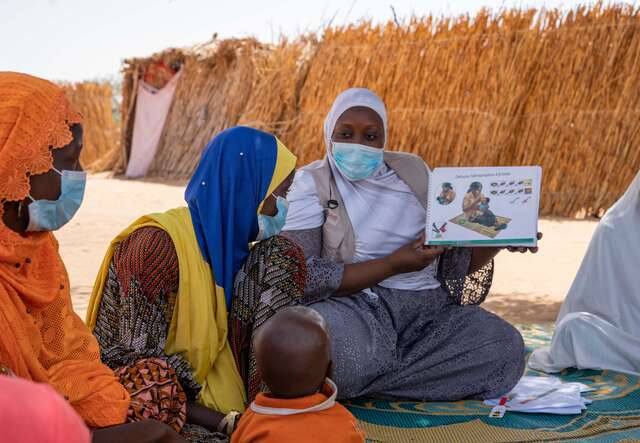
Donate now to support the IRC's life-changing work in Niger and worldwide. We are on the frontlines providing critical aid to crisis-affected people in more than 50 countries, including places on the 2024 Emergency Watchlist.
Read more about the top 10 crises the world can’t ignore in 2024 and learn more about the IRC's 2024 Emergency Watchlist.
*Last name excluded for privacy